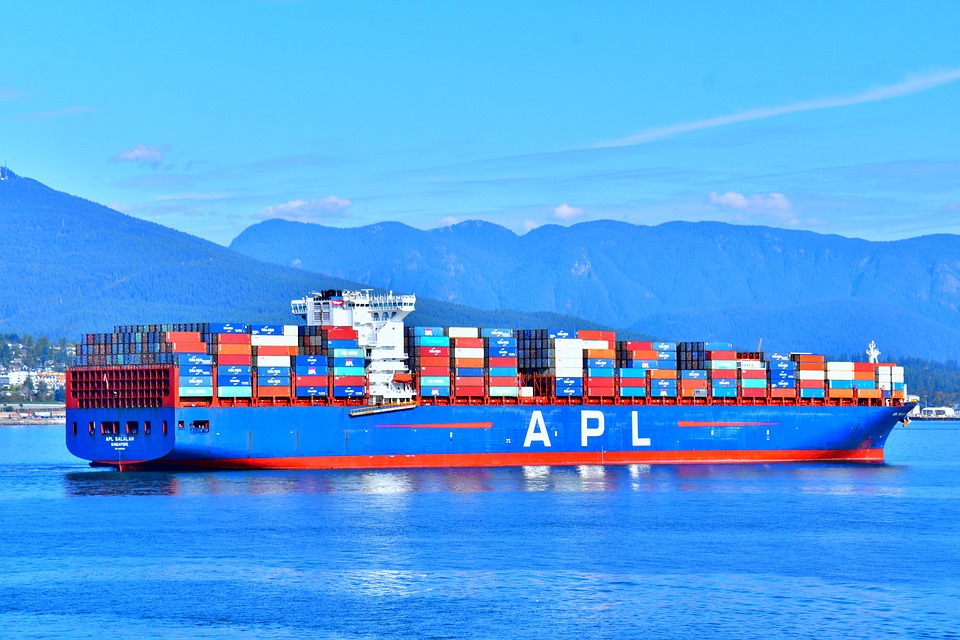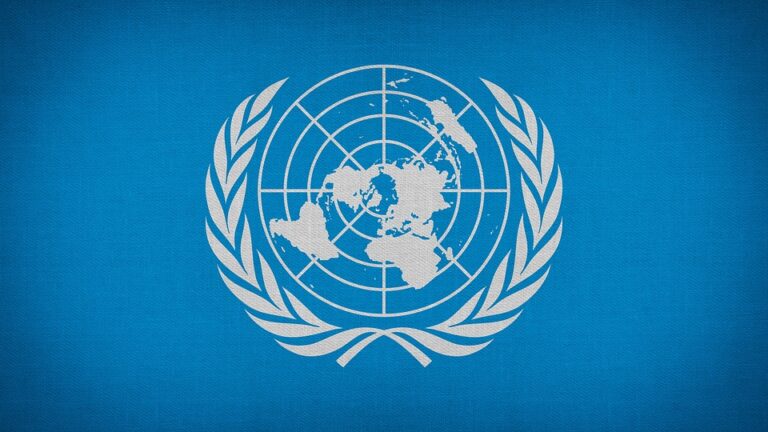Understanding International Sanctions and Trade Embargos

In today’s interconnected global economy, international sanctions and trade embargos play a significant role in shaping the relations between countries. These tools are frequently utilized by governments and international organizations to exert pressure and influence political, economic, and social outcomes.
What Are International Sanctions?
International sanctions are restrictive measures imposed by one or more countries against a target—usually another country, organization, or individual—in order to achieve foreign policy objectives. Sanctions can take various forms, including economic, diplomatic, military, and even cultural restrictions.
They are often deployed to compel a change in behavior, deter undesirable actions, or punish violations of international law.
Types of International Sanctions
1. Economic Sanctions
Economic sanctions are perhaps the most common form of international sanctions. These involve restrictions on trade, investment, and financial transactions. They can be comprehensive, targeting an entire economy, or targeted, focusing on specific sectors or individuals. Common examples include trade bans, asset freezes, and travel restrictions.
2. Diplomatic Sanctions
Diplomatic sanctions aim to isolate a country or government diplomatically. This can involve the reduction or suspension of diplomatic relations, the withdrawal of ambassadors, or the exclusion of a country from international organizations and forums.
3. Military Sanctions
Military sanctions involve restrictions on arms sales, military assistance, and cooperation. These measures are used to prevent the target from obtaining military capabilities that could be used for aggressive purposes or to violate international law.
4. Cultural and Sports Sanctions
Cultural and sports sanctions may include boycotts of international events, such as the Olympics or World Cup, as a means of expressing disapproval of a country’s policies or actions.
Understanding Trade Embargos
Trade embargos are a specific type of economic sanction that involves a government-imposed ban on trade with a particular country. Unlike broader economic sanctions, which may target specific sectors or individuals, trade embargos generally prohibit most or all trade with the target nation.
These measures are used to exert economic pressure and can have significant impacts on the economies of both the imposing and target countries.
The Objectives Behind Sanctions and Embargos
The primary objectives of sanctions and embargos are to influence behavior, achieve policy goals, and uphold international norms. Some of the common reasons for imposing these measures include:
1. Promoting Peace and Security
Sanctions are often used as a tool to promote peace and security by deterring aggressive actions or resolving conflicts. For instance, sanctions have been employed to pressure countries to halt nuclear weapons programs or to end support for terrorist activities.
2. Protecting Human Rights
Governments and international organizations may impose sanctions to address human rights violations. By targeting individuals or entities responsible for abuses, sanctions aim to hold perpetrators accountable and encourage reforms.
3. Supporting Democratic Governance
Sanctions can be used to support democratic governance by pressuring authoritarian regimes to hold free and fair elections, release political prisoners, or respect civil liberties.
Impact of Sanctions and Embargos
While sanctions and embargos are powerful tools, their impact can be complex and multifaceted. They can have both intended and unintended consequences:
1. Economic Impact
The economic impact of sanctions and embargos can be substantial for the target country, leading to reduced trade, investment, and overall economic growth. However, the imposing country may also face economic consequences, such as higher costs for goods and reduced market access.
2. Humanitarian Concerns
Sanctions can inadvertently harm civilian populations, leading to shortages of essential goods, increased poverty, and limited access to healthcare and education. These humanitarian concerns have prompted calls for more targeted approaches that minimize harm to civilians.
3. Political and Social Effects
Sanctions and embargos can influence political dynamics within the target country, sometimes strengthening the resolve of those in power or leading to increased nationalism. In other cases, they may weaken the regime and empower opposition movements.
Controversies and Criticisms
Sanctions and embargos are not without controversy, and their effectiveness and ethical implications are often debated:
1. Effectiveness
Critics argue that sanctions often fail to achieve their intended objectives, as targeted regimes may find ways to circumvent restrictions or receive support from allies. There is also debate over whether sanctions are more effective as part of a broader diplomatic strategy.
2. Ethical Considerations
The humanitarian impact of sanctions raises ethical questions about the balance between achieving policy goals and minimizing harm to innocent civilians. Calls for “smart” sanctions that target those responsible for wrongdoing have gained traction as a more ethical approach.
3. Unintended Consequences
Sanctions can lead to unintended consequences, such as strengthening the target regime’s resolve, fostering corruption, or creating black markets. These outcomes can undermine the goals of the sanctions and lead to further instability.
Conclusion
International sanctions and trade embargos are complex tools that play a significant role in global diplomacy and international relations. While they can be effective in promoting peace, security, and human rights, they also come with challenges and controversies.
Understanding their nuances and impacts is crucial for policymakers, businesses, and citizens alike. As the global landscape continues to evolve, so too will the strategies and approaches to using these powerful tools to achieve a more peaceful and just world.






